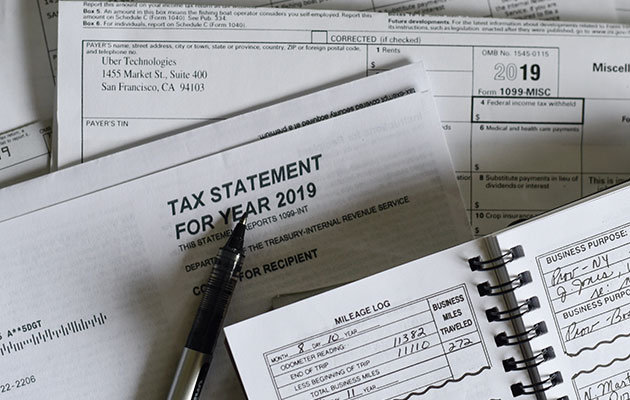-
Articles
State Enterprises and Global Competition
On 25 July 2025, the Trade Competition Commission of Thailand (“TCCT”) hosted a public seminar titled “State Enterprises and the Global Competition Agenda: Thailand’s Balance Toward International Standards.” The event brought together regulators, academics, economists, and representatives from state enterprises and the private sector. The discussions focused on the evolving role of state-owned enterprises (“SOEs”) in the Thai economy, developments in Thai competition law, and challenges and future goals for developments in this area.
Key Highlights of the Seminar:
1. The Role of SOEs in a Competitive Market Economy
SOEs continue to play a vital role in delivering public services and supporting national development. The seminar emphasized the importance of clearly distinguishing between public service obligations and commercial activities. Panelists highlighted that while SOEs are not permitted to generate profits, the delivery of public services must not be driven by profit motives.
2. Redefinition of SOEs under Thai Competition Law
Prior to enactment of the Trade Competition Act B.E. 2560 (2017) (“TCA 2017”), Section 4(2) of the Trade Competition Act B.E. 2542 (1999) (“TCA 1999”) broadly excluded SOEs, particularly those governed by the law on budgetary procedures, from the scope of the law. By contrast, the TCA 2017 narrows this exemption, and states that only SOEs operating under laws or Cabinet resolutions necessary to protect and maintain national security, the public interest, the interests of society, or the provision of public utilities are excluded.
Internationally, exemptions for government entities vary depending on the economic system and policy objectives of the country in question. We believe the TCA 2017 reflects a notable shift toward embracing the principle of competitive neutrality and an attempt to ensure that government-owned and private entities compete on equal footing. By moving away from broad, blanket exemptions, the TCA 2017 provides a more balanced approach that better supports fair market competition.
3. Regulatory Challenges
The panel discussion addressed the practical challenges of interpreting Section 4(2) of the TCA 2017. For instance, a Cabinet resolution that outlines broad objectives without detailing steps for their implementation raises concerns about the applicability of exemptions from competition law to actions not expressly addressed. Another debated issue involved mergers between SOEs, and whether those transactions should be exempt from merger filing requirements, given their shared government ownership. The legal community continues to evaluate whether or not these mergers fall within the definition of “single economic entities” or warrant further scrutiny.
An additional challenge lies in establishing an appropriate balance between the competitive oversight performed by SOEs under competition law and the regulatory supervision exercised by specialized agencies within each sector. Achieving this equilibrium is essential to instill confidence in market participants, and to ensure they can engage in competition with assurance that existing regulations will be enforced fairly and equitably.
4. Future Developments
The TCCT is developing a “Competition Compliance Checklist” tailored for SOEs and intended for use as a self-assessment tool. The checklist is designed to improve SOEs’ understanding of their status and to identify the risk of violations of the TCA 2017 and internal compliance regulations. The tool is expected to help SOEs evaluate whether their conduct falls within the scope of statutory exemptions. In addition, the TCCT is considering the issuance of guidelines to improve public understanding and facilitate consistent application of the law.
This seminar demonstrated Thailand’s ongoing efforts to modernize its competition framework to foster fair competition and competitive neutrality across sectors, including with regard to SOEs. SCLNA is continuing to monitor developments in competition law and the regulation of SOEs, to support our clients in both the public and private sectors.
This article is intended merely to provide a regulatory overview; it is not comprehensive, and is not intended to constitute legal advice. If you have any questions on this or on any other areas of law, please do not hesitate to contact the authors:
Siriwan Nopareporn
Associate
Jarawee Suksngacharoen
Associate







